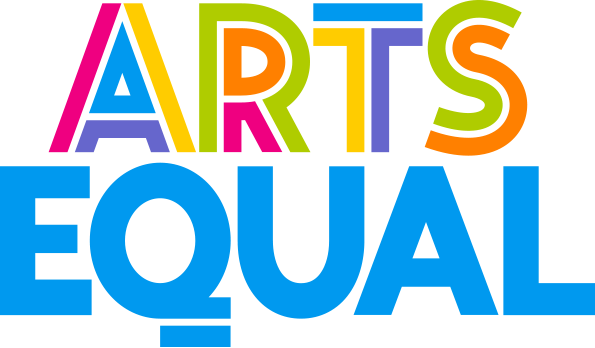Brain, Arts & Education symposium in Helsinki - Brain, Arts & Education symposium in Helsinki - Artsequal
null Brain, Arts & Education symposium in Helsinki
In today’s society, research about the human brain has become a popular topic of discussion. This is also true in arts education, where educators and journalists have been quick to adopt and adapt findings from neuroscientific research involving music. Findings from such research have been used to justify a number of music educational practices. However, misinterpretations and miscommunications across disciplines have led to the creation and perpetuation of neuromyths, raising questions as to what extent brain research can, or should, inform work in arts education. This symposium brings together researchers of the ArtsEqual initiative and national and international experts in both neuroscience and music education to discuss the complexity of interpreting and applying neuroscientific research findings in arts education.
No registration needed, you are very welcome to join this complex and fascinating discussion!
Program
Thursday 26 October 2017 at 9.30 am - 3.15 pm in Black Box, Musiikkitalo, Helsinki.
9.30 - 10.30 Opening of the symposium, Heidi Westerlund (University of the Arts Helsinki)
Neuroscientific findings about musical expertise and music learning - lessons learned? Mari Tervaniemi (University of Helsinki)
Lost in Translation? Brain Research and Music Education, Albi Odendaal (North-West University, South Africa, University of the Arts Helsinki)
10.30-11.30 Keynote
Musical insights from infants, Sandra Trehub (University of Toronto)
Lunch
13.00-14.00 Keynote
What Can Neuroscience Contribute to Music Education? Donald Hodges (University of North Carolina)
14.00-15.15 Panel discussion
Panelists: Sandra Trehub, Donald Hodges, Mari Tervaniemi and Tommi Uschanov
Moderators: Sari Levänen (Helsinki University Hospital, University of the Arts Helsinki) and Albi Odendaal (North-West University, South Africa, University of the Arts Helsinki)
Speakers
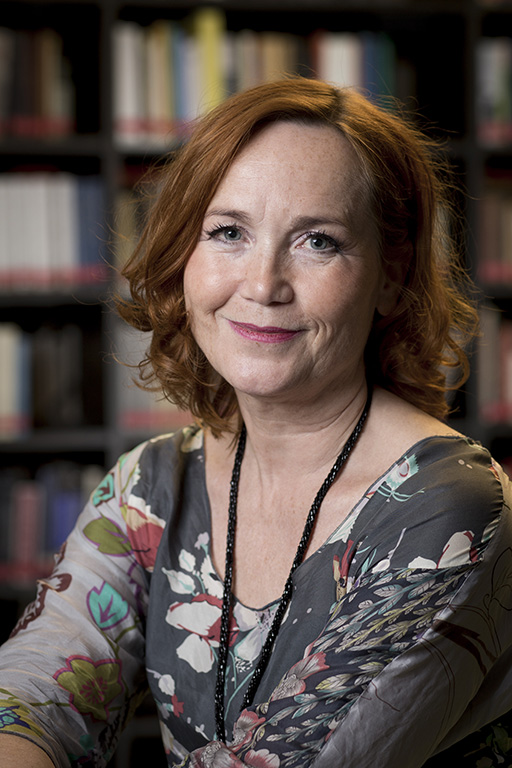
Heidi Westerlund is a professor at the Sibelius Academy, University of the Arts Helsinki, Finland, where she is also responsible for the music education doctoral studies. She has published widely in international journals and books and is the co-editor of Collaborative learning in higher music education (Ashgate) as well as the Editor-in-chief of the Finnish Journal of Music Education. Her research interests include higher arts education, music teacher education, collaborative learning, cultural diversity and democracy in music education. She is currently leading two research projects funded by the Academy of Finland: The arts as public service: Strategic steps towards equality (2015-2020) and Global visions through mobilizing networks: Co-developing intercultural music teacher education in Finland, Israel and Nepal (2015-2019).
Mari Tervaniemi is a well-known expert in neurosciences of music. She obtained her PhD in psychology in 1997 (University of Helsinki). In addition to University of Helsinki, she has worked at the University of Jyväskylä and in Leipzig as a visiting Marie Curie fellow at the University of Leipzig and the MPI for Human Cognitive and Brain Sciences. Currently she works as Research Director in Cicero Learning, Faculty of Educational Sciences, University of Helsinki. She is the co-head of Cognitive Brain Research Unit, Faculty of Medicine, University of Helsinki.
She has published over 160 empirical papers and reviews in peer-reviewed international journals and several invited book chapters. Her research topics cover auditory neurocognition as well as the brain basis of musical expertise and music emotions. Of particular interest to her is to apply knowledge acquired within the framework of basic science into rehabilitation, education, and special education.
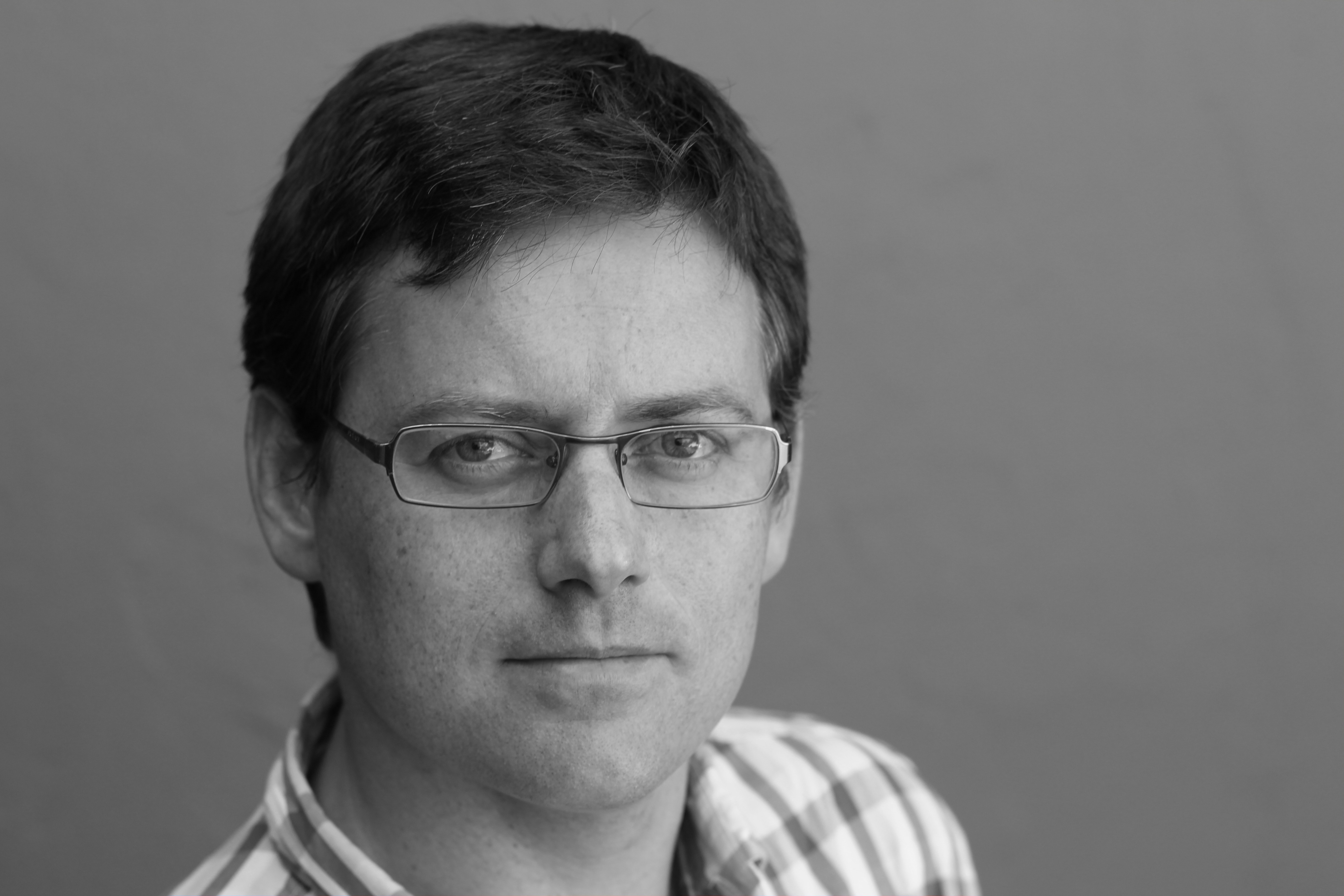
Albi Odendaal initially trained as a pianist, obtaining a Master's Degree in chamber music from the University of Cape Town and a Performer's Licentiate from UNISA. After graduation he worked for 5 years at Hilton College as academic staff member and accompanist to soloists and ensembles. In 2013 completed a Doctoral degree at the Sibelius Academy of the University of the Arts Helsinki, studying under the supervision of Lauri Väkevä and Harald Jørgensen.
He has worked as a postdoctoral research fellow at the University of Cape Town and Stellenbosch University since obtaining his Doctoral degree, and is currently a postdoctoral researcher at the Sibelius Academy of the University of the Arts Helsinki, working in the ArtsEqual project. He is also employed as senior lecturer at the North-West University in Potchefstroom, South Africa, where he is the acting director of the research niche area: Musical Arts in South Africa: Resources and Applications. He has published several articles with a broad research interest in learning and teaching, specifically as it applies to music.
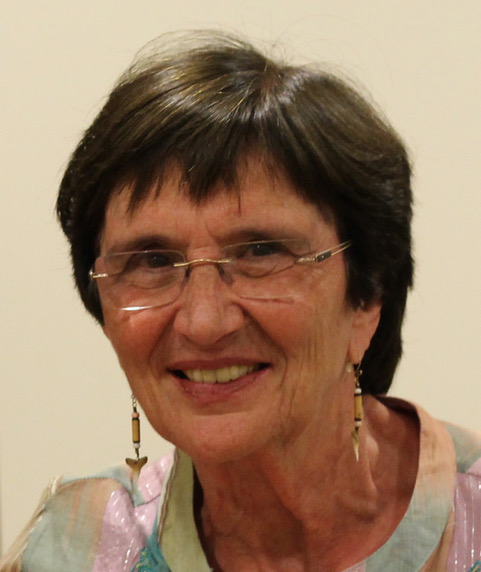
Sandra Trehub studied economics and philosophy before obtaining her doctoral degree in experimental psychology from McGill University in 1973. Since that time, she has been a professor and developmental scientist in the Department of Psychology at the University of Toronto. Most of her research is conducted in laboratory contexts, but she has travelled extensively to observe cross-cultural differences in musical interactions with infants. She has received numerous scholarly honors, including a Lifetime Achievement Award from the Society for Music Perception and Cognition (2013). Her research focuses primarily on infants' and young children’s perception of melodies and rhythms and on maternal singing and its effects on infant attention, emotion regulation, and socialization.
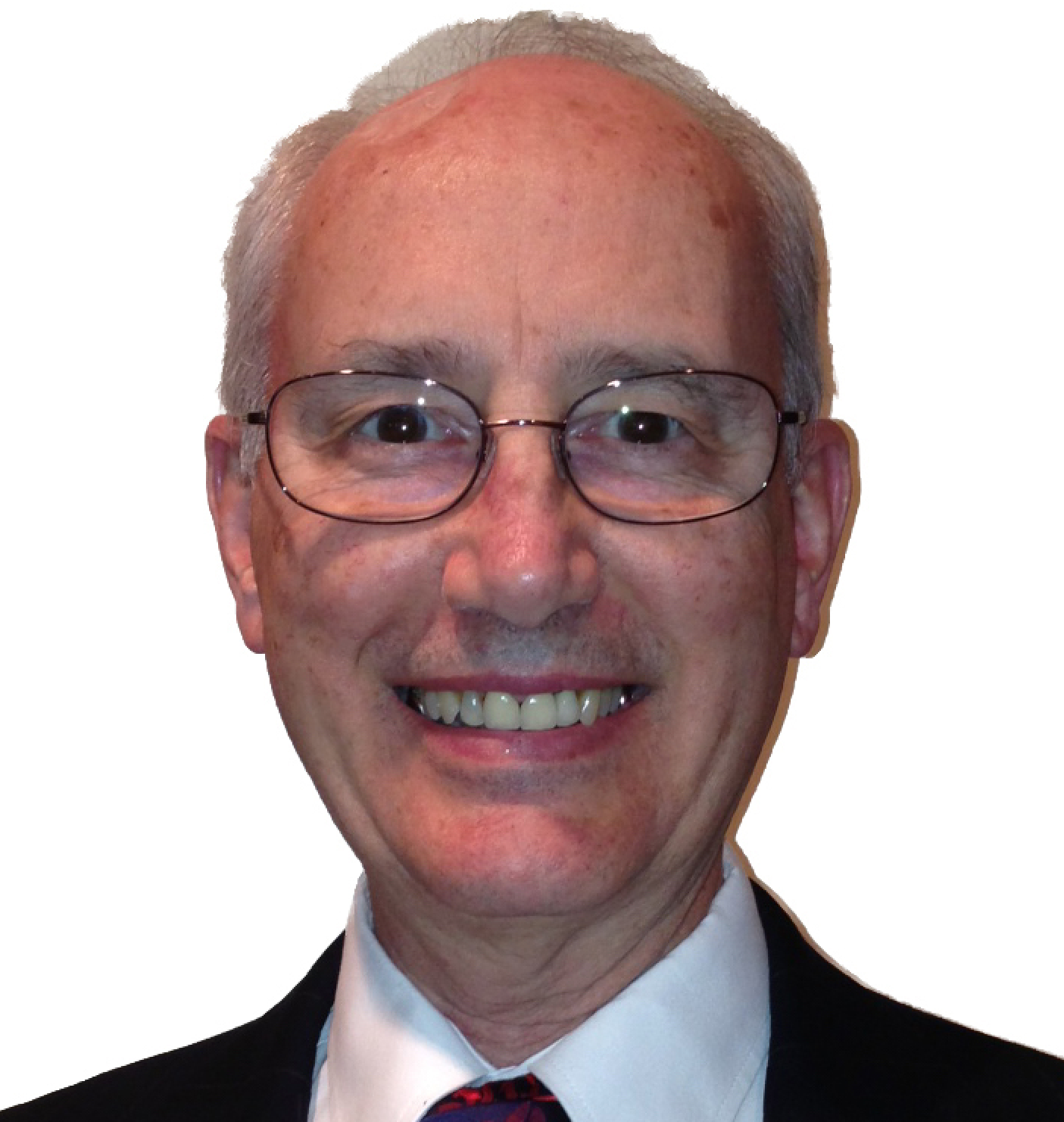
Donald A. Hodges served as Covington Distinguished Professor of Music Education and Director of the Music Research Institute and is currently Professor Emeritus at the University of North Carolina at Greensboro. He is the author of A Concise Survey of Music Philosophy (2017), co-author (with D. Sebald) of Music in the Human Experience: An Introduction to Music Psychology (2011), contributing editor of the Handbook of Music Psychology and the accompanying Multimedia Companion (1980, 1996), co-editor (with M. Thaut) of The Oxford Handbook of Music and the Brain (forthcoming 2018), and Introduction to Music Education Research (forthcoming 2018), in addition to numerous book chapters and papers in music psychology and music education. Hodges has lectured, presented, and performed throughout the U.S., and in Europe, Israel, Russia, and China. Recent research efforts have included a series of brain imaging studies of pianists, conductors, and singers using PET and fMRI. Hodges has served on the editorial committees of the Journal of Research in Music Education, Music Educators Journal, Reviews of Research in Human Learning and Music, and Update: Applications of Research in Music Education. His biographical sketch is in the New Grove Dictionary of American Music. A current vita and copies of many of his papers can be accessed here.
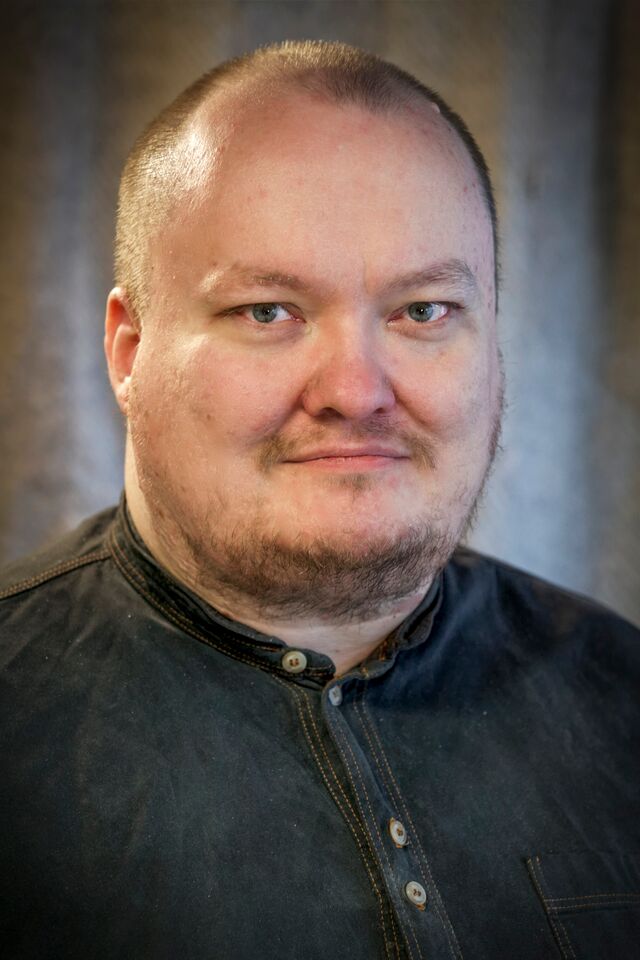
Tommi Uschanov is a non-fiction writer, translator and critic based in Helsinki. He has studied philosophy and aesthetics at the University of Helsinki and worked at various tasks in book publishing. He has written or co-written six books on subjects ranging from popular culture to political science and the history of ideas. Since 2013 he has also been a columnist for Helsingin Sanomat, Finland's largest newspaper.
Dr Sari Levänen is a clinical neuropsychologist who holds a PhD in neuroscience. Her PhD work at the Helsinki University of Technology involved brain imaging studies of the human auditory cortex functions in normal hearing subjects. During her post-doctoral studies at the Helsinki University of Technology and the Harvard University Medical School, her main research focused on understanding the functional and structural plasticity of the auditory cortex in congenitally deaf adults. Currently Dr Levänen works at the Helsinki University Hospital, studying children with speech and language problems. Her present research topic is audio-visual speech processing differences between typically developing children and children with language problems using behavioral measures, eye tracking and brain imaging. Dr Levänen is also an ArtsEqual researcher, collaborating with Professor Heidi Westerlund and Dr Albi Odendaal.
